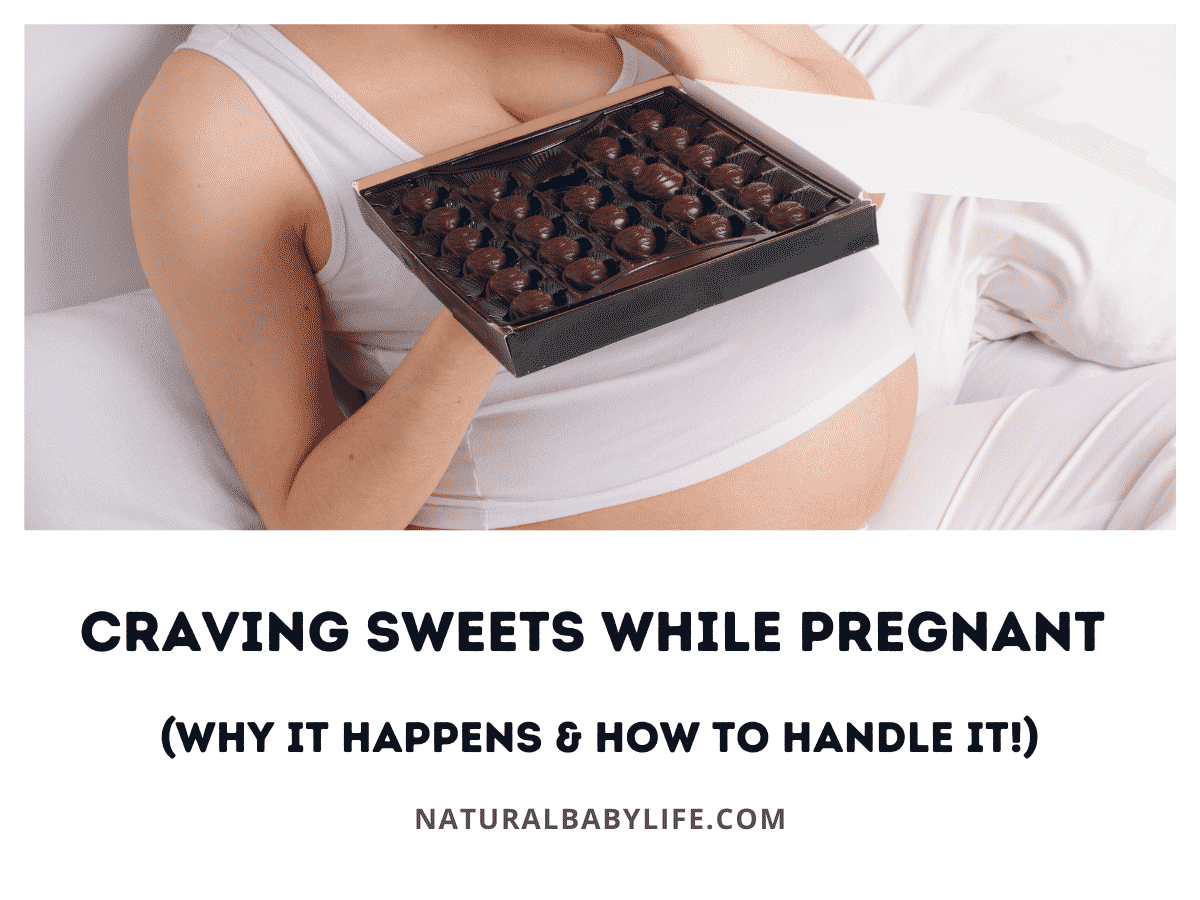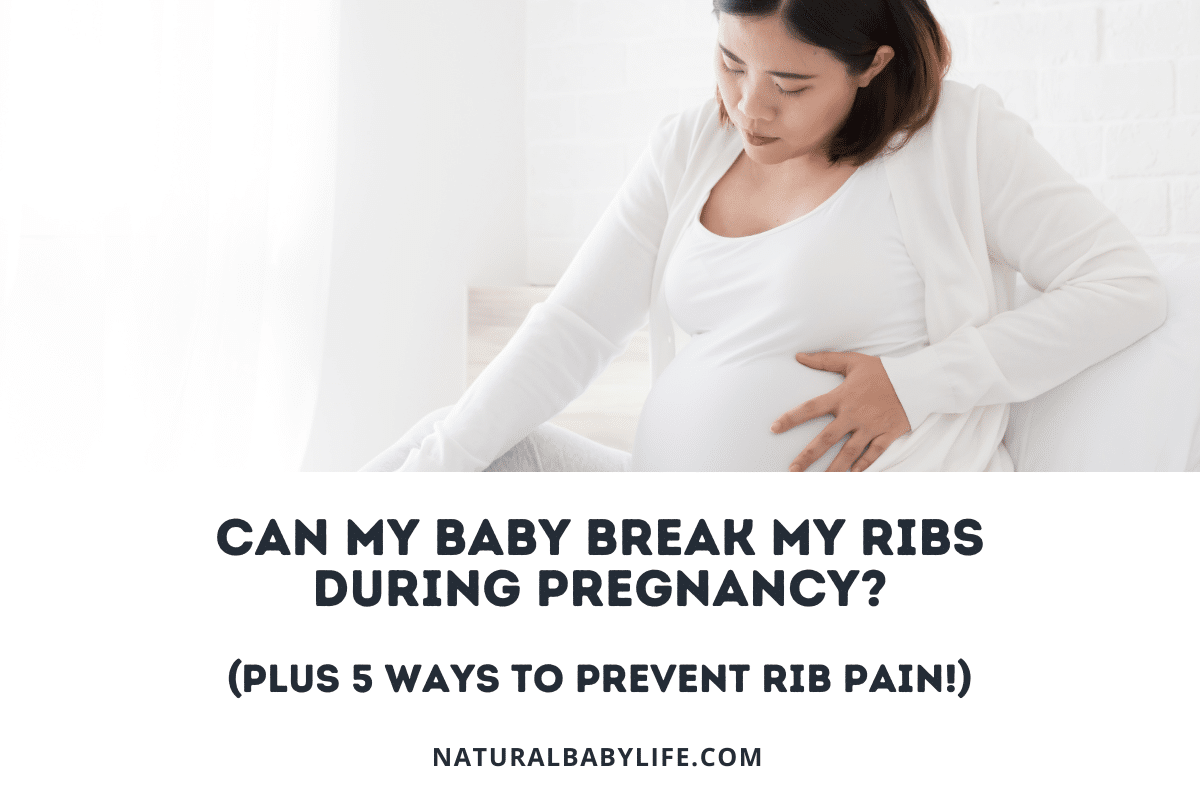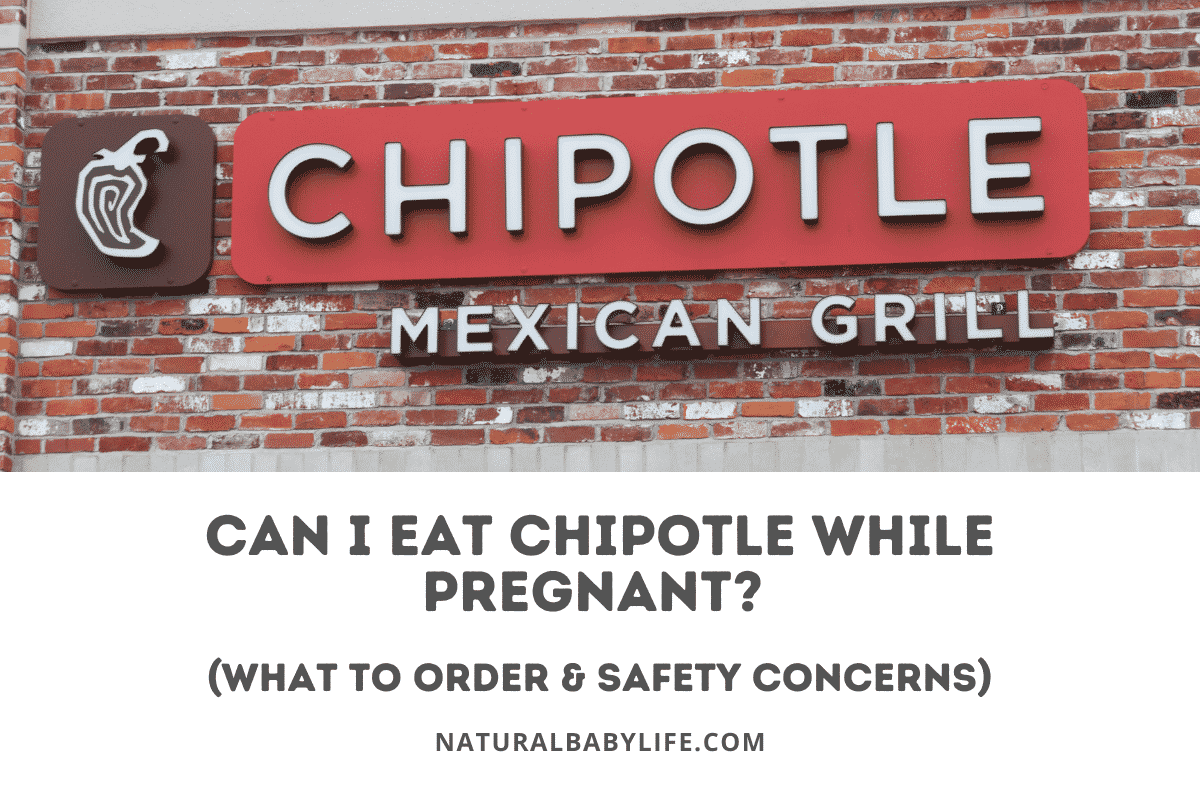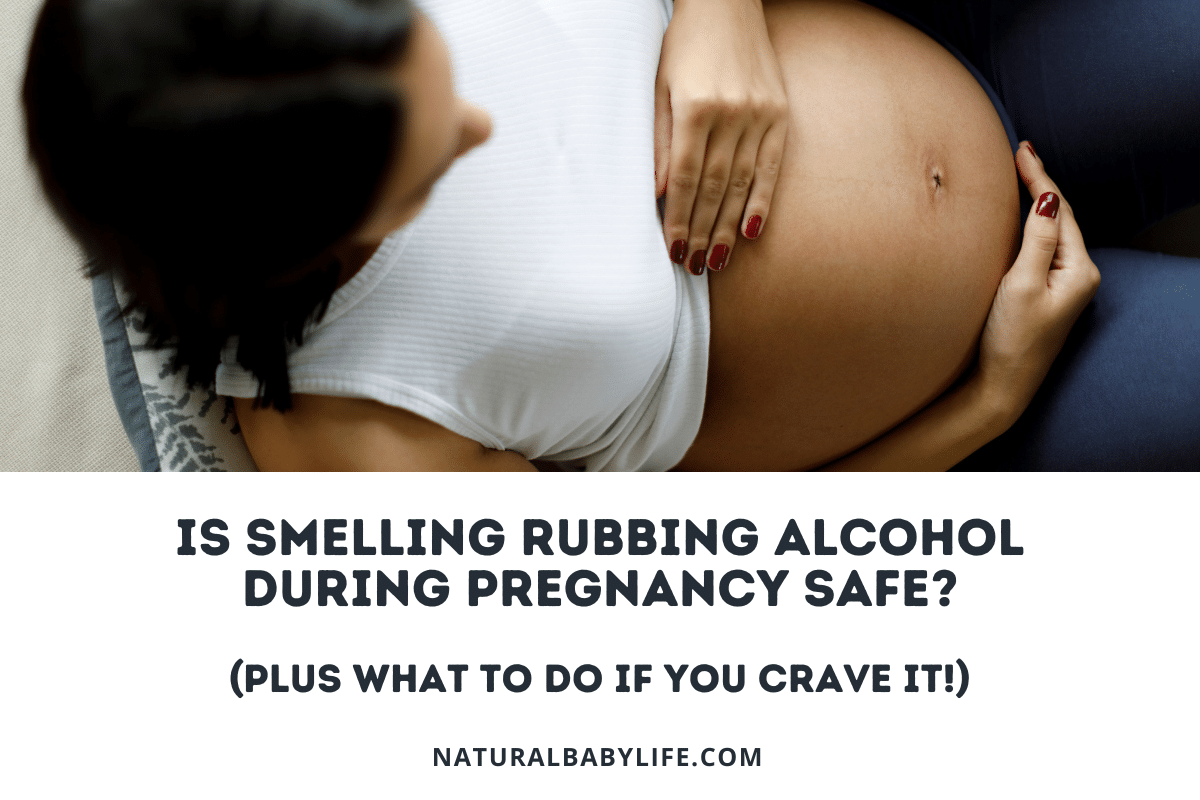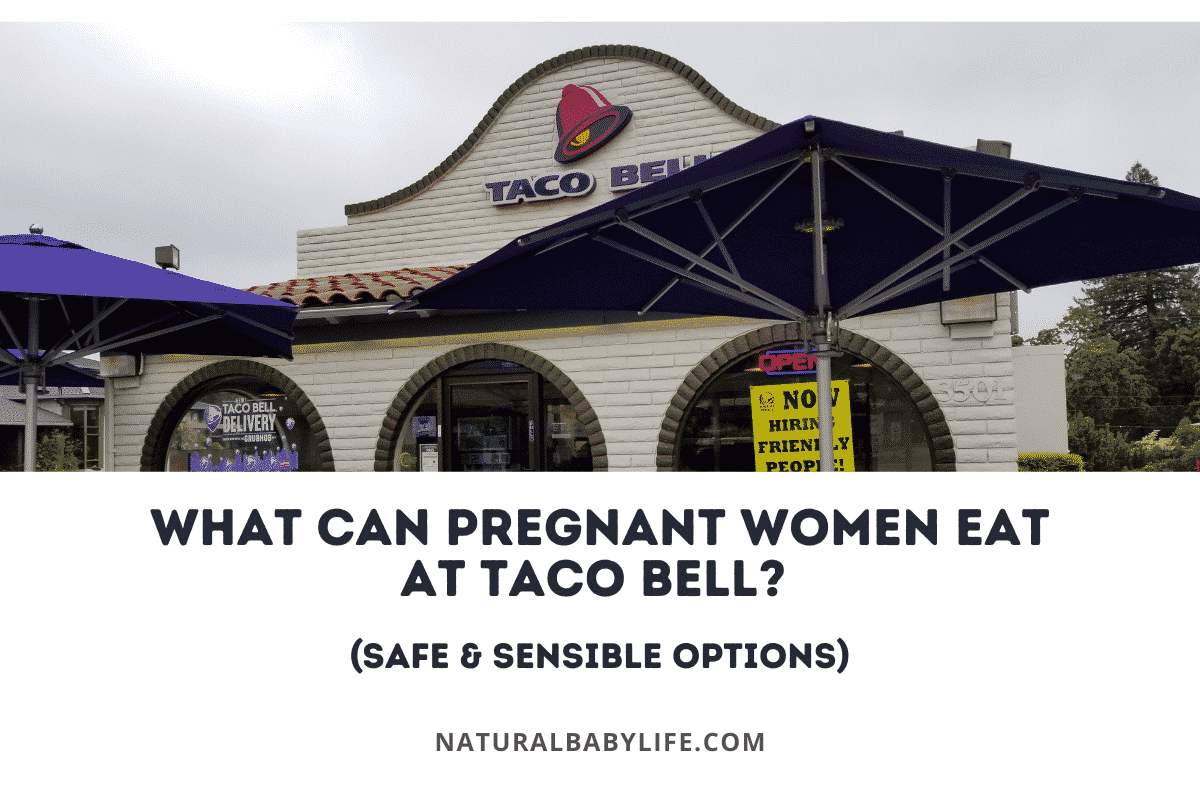Without a doubt, pregnancies bring a surge of cravings that can range from food that you consumed when you were a child to downright unconventional like chalk or dirt. One of the common cravings that pregnancy can bring is sugars and sweets – lots of sweets! With everything you need to consider when pregnant, sweet cravings will make you wonder if it’s safe for you and your baby.
Some women may be concerned about giving into those intense second-trimester cravings for sweets, especially because of the percentage of pregnant women who are diagnosed with gestational diabetes. Although some women may have additional risk factors, for most people a sweet treat is fine as long as it’s part of a nutritious, balanced diet.
Keep reading as we find answers to common questions regarding craving sweets while pregnant, why it happens and how to handle it.
Table of Contents
Is it normal to crave sweets while pregnant?
With pregnancies come an increase in hormones and this can lead to food cravings. According to a research study, 80% of pregnant women experience food cravings, and 45% experience cravings with specific foods like sweets and sugar on top of the list.
Sweet cravings may catch you off guard when you are pregnant and sometimes the cravings are so strong, you just have to give in! Craving sweets is based on hormone activity. In general, pregnancy is also characterized by hormonal fluctuations which often result in being emotional, and this can also be the cause of cravings.
A hormone called Neuropeptide Y, which is associated with the stimulation of appetite in humans and animals, increases during pregnancies. The body undergoes a lot of changes during pregnancy, a craving for dairy often means that your body is hungry for calcium and it is tempting to cave in and have ice cream as a calcium source.
Because your hormones are going haywire during pregnancy, there is also a renewed sense of craving comfort food. This type of food is characterized by high levels of fat and calories. Oftentimes comfort food triggers memories of a time in your life when you are feeling down and food will make you feel better. Sometimes, these foods are what you remember eating when you were a child.
There is a popular theory that cravings are a result of an underlying nutritional deficiency in women. For example, if you are craving red meat, this is a telling sign that your body lacks protein. Also, when you are pregnant, your sense of smell is heightened so foods that are stronger in smells are not necessarily the type of food that you would gravitate to.
Cravings also involve a cultural component, pregnant women crave different things depending on what type of food is common in their culture and what food is available in the region or country that they are located in.
Giving in to your cravings is not a bad sign, but always keep in mind to moderate the types of food that you are eating especially when you are pregnant.
When in pregnancy do you crave sweets?
Cravings usually pop up and are more intensified starting from the end part of your first trimester and peak during your second trimester.
Toward the end of your first trimester, the morning sickness and nausea typically wear off. The beginning of the second trimester is considered the golden period in pregnancies signified with an energy boost. With this boost of energy will come cravings as you burn more energy during this time.
These cravings typically taper off during your last trimester because of the feeling of being uncomfortable with your body. Sugar cravings will be the last thing on your mind when you are suffering from heartburn and have difficulty sleeping.
What deficiency causes sugar cravings?
A common theory states that your cravings are a way for your body to let you know that you are deficient in a specific mineral or nutrient. For example, craving meat is a way of your body telling you that you are deficient in protein. On the other hand, if you are craving chocolate or sweets, this can be caused by a deficiency in Vitamin B, magnesium, or calcium.
If you think your cravings are caused by an underlying health issue or deficiency, it is best to discuss your situation with your doctor so that they can figure out if you need supplements. Your doctor can also recommend a healthy and balanced diet to boost the minerals and vitamins that you might be deficient in so that you can have a well-rounded diet.
Dr. Jolene Brigthen, a naturopathic doctor, mentioned that women’s sex hormones shift significantly during pregnancy and this imbalance can lead to lower levels of dopamine, causing food cravings in general.
Dopamine is a chemical that makes us feel good, when these levels are low we tend to seek out food that is high in fat or calories, often known as “comfort food.” During pregnancy, when dopamine is in low levels, the natural tendency is to lean towards food that will make us “feel good”
Is craving sweets a sign of gestational diabetes?
One of the most common reasons that pregnant women think they cannot have sweets during pregnancy is because it might be linked to increased chances of having gestational diabetes.
The Johns Hopkins Medicine journal defines Gestational Diabetes Mellitus (GDM) as a condition in which the placenta prevents the body from using insulin effectively, leading to glucose build-up in the body instead of being absorbed by cells. This is a common concern because up to 8% of pregnant women in the US are diagnosed with GDM during their pregnancy.
Consuming too much sugar while pregnant can lead women to develop gestational diabetes, but there is no direct correlation between actually having gestational diabetes and craving sweet foods.
GDM testing is usually performed in weeks 24 to 28 of pregnancy. The testing will enable you to undergo a glucose test which consists of drinking a glucose drink, waiting for some time, and getting blood drawn to test glucose levels.
According to a study done by the American Journal of Clinical Nutrition, women who are diagnosed with gestational diabetes during their pregnancy are less likely to have sweet cravings compared to women who do not have gestational diabetes. The study further reiterates that having gestational diabetes does not increase the likelihood that you will crave sweets more than a pregnant person who does not have gestational diabetes.
Does craving sweets while pregnant means it’s a boy or girl?
Cravings while pregnant are usually caused by hormonal changes or deficiencies in nutrition. Some people believe that depending on the type of food that you are craving can dictate the gender of your baby.
The most common wives’ tale states that if you are craving a lot of sweets during your pregnancy, you are more likely to have a girl. On the other hand, if your cravings are more on the sour, salty, and spicy side, then you are more likely to have a boy. These are theories that may be fun to think about but are not founded on any medical grounds.
Your pregnancy cravings or eating habits during your pregnancy cannot dictate the gender of your baby.
Hormonal changes while pregnant can alter or strengthen your sense of taste and smell which can lead to a craving for food that you don’t usually eat (whether it be sweet or savory foods). Pregnant women subconsciously crave food as a way that they can deal with the range of emotions that might be taking them over. A theory also suggests that cravings are the body’s natural way to repel morning sickness.
How much sugar is okay for pregnant women during pregnancy?
In terms of sugar consumption, the American Heart Association recommends that women consume a maximum of 100 calories (or 25 grams) a day. To put this in perspective, a 12-ounce can of Coke contains 140 calories (39 grams) of sugar.
When you’re pregnant, you don’t have to deprive yourself of sugar consumption. It’s okay to indulge every once in a while but make sure that you are also eating a nutritional and balanced diet. Exercising is also a good way to burn the fat and calories you are intake. Just be careful of the types of exercises you are doing while pregnant, and make sure that you talk to your doctor about your exercise levels.
In a study published in the National Library of Medicine, pregnant women tend to go over the recommended sugar intake. The study also suggested that the top five sources of added sugar in pregnant women’s diets include: sugary drinks, cakes and pastries, sugars and sweets, juice drinks and smoothies, and milk desserts.
According to the Mayo Clinic, consuming too much sugary and fatty foods during pregnancy can contribute significantly to your weight gain and increase your Body Mass Index (BMI). The higher your BMI, the more at risk you are to develop pregnancy complications which include gestational diabetes, preeclampsia, gestational hypertension, sleep apnea, and increased chances of delivery through c-section.
And the effects don’t stop there as your baby can also be affected. Common effects on babies include increased chances of childhood obesity, childhood asthma, impaired growth, and birth defects.
Researchers from the Cleveland Clinic performed a study of pregnant women, their sugar intake, and the effect on their children. Heightened levels of sugar intake in pregnant women resulted in cognitive problems with the children. The children also struggled with poorer non-verbal abilities used in problem-solving.
What helps with sugar cravings when pregnant?
As with everything that comes with nutrition, moderation is key. There is no correlation between consuming a little sugar to your developing baby. If you give in to your sweet cravings once in a while, this will not affect your baby tremendously and will not cause harm. You just have to be mindful and remember that moderation is key!
Here are some alternatives to help soothe your sweet tooth during pregnancy:
- Fruit – Instead of reaching for a chocolate bar, you can instead opt for fruits for a sweeter alternative. Fruits also have sugar in them which can curb your craving for sweets. Fruit is naturally sweet but also packed with other vitamins, minerals, and fiber. This will allow you to get your sweet fix but a healthier alternative. Berries are a favorite snack recommendation for pregnant women because they have a lot of antioxidant properties and help with inflammation.
- Gelato – If you can’t kick the ice cream craving, opt for a healthier option in gelato. Gelato has less sugar, fewer calories, and lower fat content than ice cream. It is a lighter alternative especially if you want something light and refreshing.
- Dark Chocolate – When you just can’t stay away from chocolate, choose dark chocolate which is better for heart health. Dark chocolate has a lot of antioxidant properties and is made of at least 70% cocoa.
- Yogurt – Yogurt is a healthy snack that is high in protein and calcium-rich. Greek Yogurt is a favorite alternative to sweets because it is rich in protein. You can add granola to yogurt or top it off with fresh fruit or honey to get the sweet fix. Some yogurt brands are full of sugar so be careful with what brand you are choosing.
- Sugar-free alternatives – There are a lot of sugar-free alternatives that you can eat or drink. If you are craving soda, there are a lot of sugar-free options out there that will still give you the soda taste but with a lot less sugar.
If you want to learn more, I have a HUGE list of the most common pregnancy cravings just for you!

